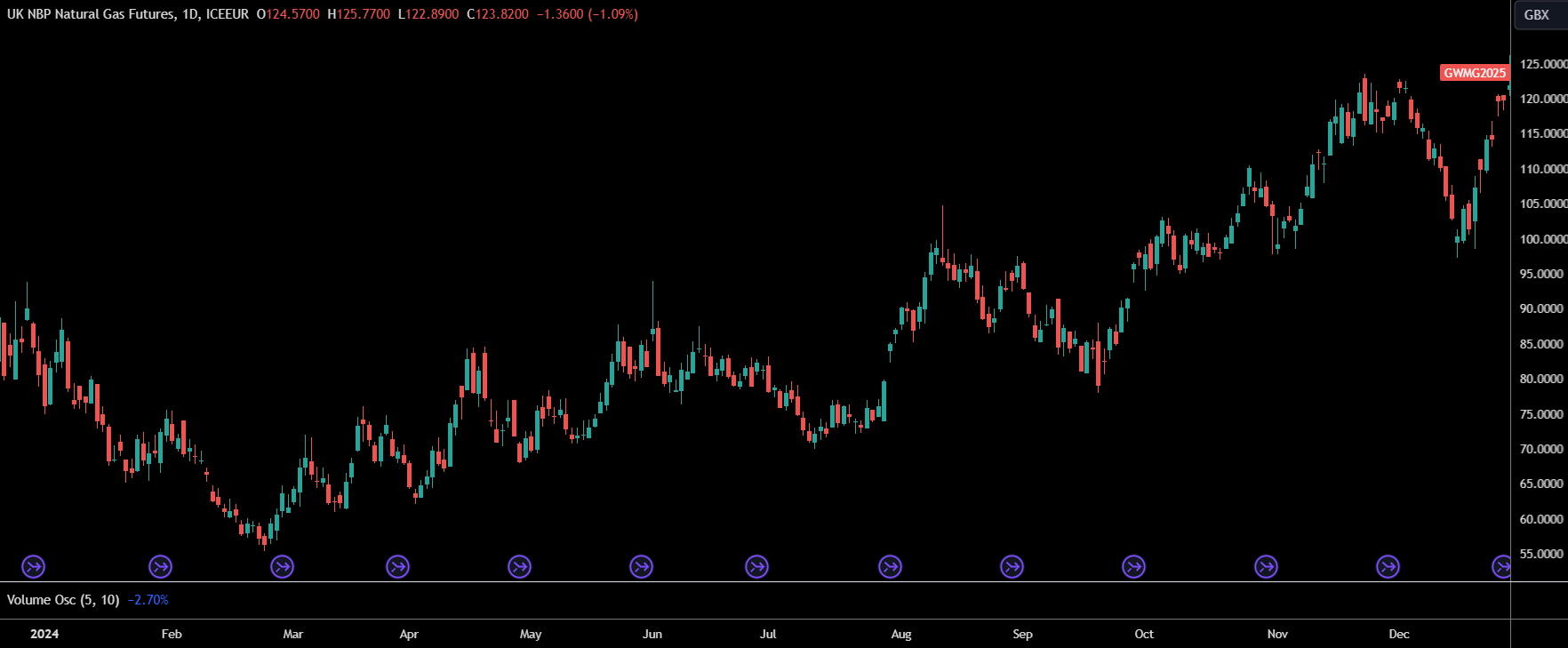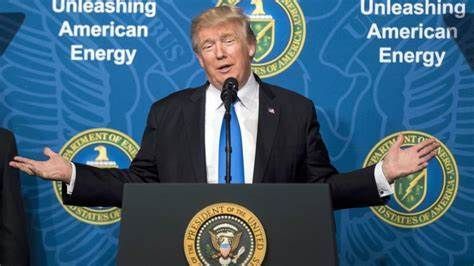May Review
May Review
By Adam Novakovic, Energy Markets Consultant
In a month that saw the football season draw to a close with a surprise result in the FA cup final, there were surprises in the energy markets as prices continued to rise despite most European countries currently boasting healthy gas reserves.
The month began with the Viking Link interconnector – which transports gas between the UK and Denmark – receiving a Guinness world record for being the longest land and subsea High Voltage Direct Current interconnector.
However, the supply of gas from Scandinavia to the UK proved to be a negative story throughout the month. Norwegian gas fields: Kolsnes, Troll, Gassco all suffered from lower output due to maintenance during May. The timely resumption of production following maintenance has been historically described as “unreliable”, and the market responded with caution as prices steadily rose. The quick return to normal production levels will help to restore confidence in the market, but any further negative news is likely to be met with further rises in price.
Closer to home, there was more negative news on the production side. In recent months UK energy production has dropped 6.8% when compared to the previous year. A large part of this is due to the increased focus on renewable energy sources. We also saw strikes announced at the Dounreay power plant in Scotland, which is set to contribute towards lower production levels in the UK.
Another factor contributing to the rising energy prices has been due to changes in demand in the LNG (Liquified Natural Gas) market. Extreme temperatures in Asia have led to an increase in LNG purchases. This has occurred at the same time power issues impacted LNG production in Malaysia, and production was halted at an export facility in Australia. The only positive during this time was the Freeport facility in the US returning to full capacity and helping somewhat ease the strain in the LNG market.
Further pressure on the supply of energy to Europe came from Austria. While many European nations stopped receiving gas from Gazprom in 2022, Austria continued to import gas from the Russian company. However, it now seems as though the Austrian government will look to end their reliance on Russian imports in a move that could have a ripple effect on gas prices throughout Europe.
As in previous months, geopolitical instability is still a key factor in rising energy prices. Concerns about the Russia/Ukraine conflict persist, and new fears have emerged that Iran could block shipments passing through the Strait of Hormuz. 20% of the world’s LNG exports pass through the strait, with the UK being reliant on imports from Qatar. If this problem worsens, it will put further pressure on the LNG market and lead to prices rising further.
Domestically, a study conducted by Centrica has shown that energy costs are still a big concern for UK businesses. One third of businesses surveyed stated that unpredictable energy costs have limited their growth in the past year. More than half of UK businesses are now looking at onsite generation as a way of helping reduce their energy costs. If your business is struggling with energy costs and you would like to talk about the options available to you, send me an email (adam@seemoreenergy.co.uk) and we can discuss the methods available to help lower your energy spend.
Outlook
OFGEM lowered their price cap for the 3rd quarter of 2024 by 7%. Despite the factors that have negatively impacted prices in the last month, this shows there is still a consensus that prices will continue to drop for the remainder of the year.
Consultancy firm Cornwall Insights also predicted a drop in energy prices during the coming quarter. Additionally, they foresaw a small price rise in October, before a further drop in January of 2025. Although it should be noted that they acknowledged the unpredictability of the energy markets at this time.
One of the main factors that will affect prices in the coming month will be how quickly full production can be resumed in Norway, with less downtime for maintenance expected in June than in May. If full output can be quickly resumed and the LNG market doesn’t suffer any further issues with supply then it’s likely prices will fall, however, news out of the Middle East should be watched closely, as further disruptions to imports from Qatar could see prices rise further.
If your business requires advice with its energy procurement, management, or planning, then don’t hesitate to contact Seemore Energy to speak to experienced advisors who can help you with bespoke strategies and advice that is tailored to your needs.










